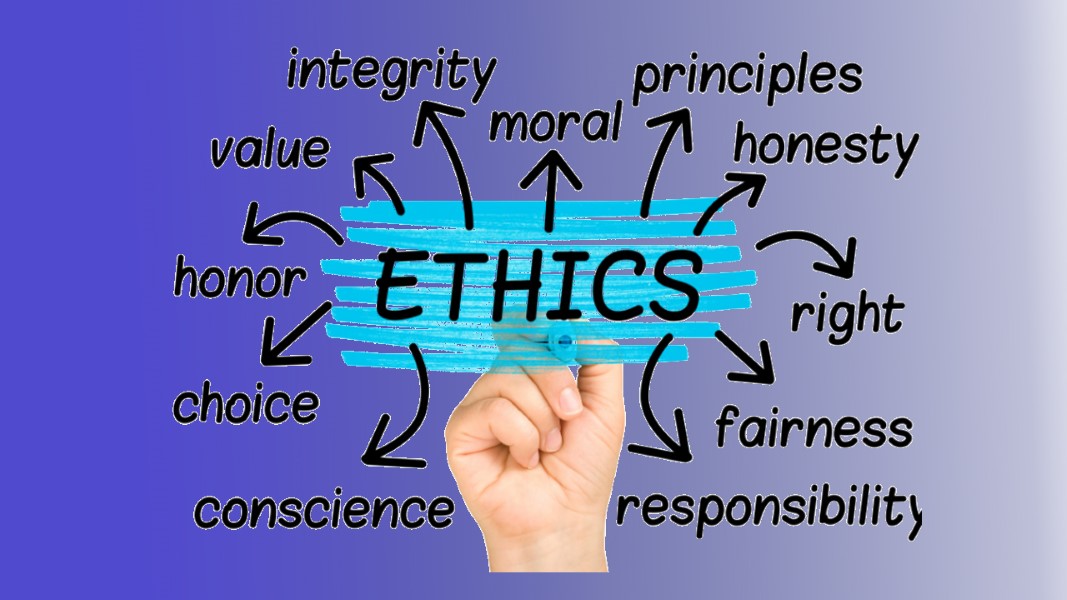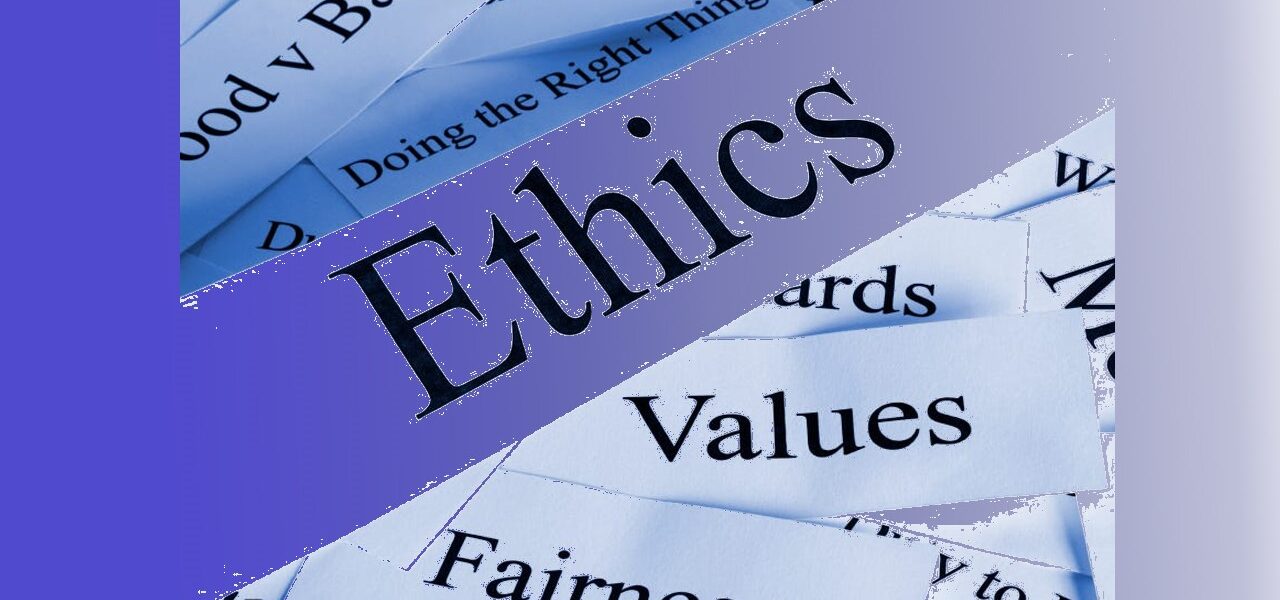Ethics and Effective Communication
The Crucial Connection: Business Ethics and Effective Communication
Ethics and Effective Communication is in the ever-evolving world of business, two elements hold immense significance: ethics and communication. Both are critical pillars of a successful enterprise. In this article, we will explore the synergy between business ethics and business communication, dissecting the importance of ethical communication in the corporate landscape.

Understanding Business Ethics
Defining Business Ethics
Business ethics is a branch of applied ethics that examines the ethical principles and moral or ethical problems that can arise in a business environment. It encompasses the study of what is morally right and wrong in the context of business activities and decisions. Business ethics isn’t confined to a single set of rules; it involves navigating complex situations, making ethical decisions, and fostering a culture of integrity within organizations.
The Importance of Business Ethics
Business ethics is not merely a moral obligation but a strategic necessity. Here are some key reasons why it matters:
1. Reputation:
Ethical businesses tend to have a better reputation, which can lead to increased customer trust and loyalty.
2. Legal Compliance:
Adhering to ethical standards helps companies avoid legal issues and regulatory penalties.
3. Employee Morale:
An ethical workplace fosters higher employee morale, engagement, and retention.
4. Competitive Advantage:
Ethical behavior can set a business apart from competitors, attracting socially conscious consumers and investors.
5. Long-Term Sustainability:
Ethical businesses are often more sustainable in the long run, as they build trust with stakeholders.
The Intersection of Business Ethics and Communication
The Role of Communication in Business Ethics
Effective communication is the bridge that connects ethical principles to real-world practices within an organization. It plays a pivotal role in the following aspects of business ethics:
1. Transparency:
Transparent communication ensures that stakeholders are informed about an organization’s ethical practices and policies.
2. Accountability:
Communication allows for the accountability of unethical behavior, creating a culture where wrongdoing is reported and addressed.
3. Ethical Decision-Making:
Ethical communication aids in the decision-making process, as it encourages open discussions about ethical dilemmas and potential solutions.
4. Stakeholder Engagement:
Ethical communication helps in engaging with various stakeholders, including employees, customers, suppliers, and the community, to build trust and goodwill.
Challenges in Ethical Communication
Despite its importance, ethical communication can be challenging. Some common hurdles include:
1. Confidentiality:
Balancing transparency with the need to protect sensitive information is a delicate task.
2. Consistency:
Ensuring that the messaging aligns with the organization’s actual ethical practices can be a challenge.
3. Crisis Communication:
Addressing ethical crises and scandals requires a well-thought-out communication strategy.
4. Cultural and Language Barriers:
In multinational companies, communication must navigate cultural differences and language barriers while maintaining ethical standards.
The Importance of Ethical Communication
Building Trust:
Trust is the bedrock of any successful business relationship. Ethical communication is the key to establishing and maintaining trust with stakeholders. When organizations communicate openly and honestly, they earn the trust of employees, customers, investors, and the public. This trust translates into stronger relationships and, ultimately, business success.
Risk Mitigation:
Ethical communication can help organizations mitigate risks. By proactively addressing ethical concerns and issues, companies can prevent crises and protect their reputation. When ethical lapses do occur, effective communication can help manage the fallout and restore trust.
Enhancing Reputation:
A strong reputation is a valuable asset for any business. Ethical communication not only safeguards an organization’s reputation but also enhances it. Companies that are known for their ethical practices and transparent communication are more attractive to customers, investors, and top talent.
Legal Compliance:
Ethical communication is often closely tied to legal compliance. In many industries, there are legal requirements for transparency and disclosure. Ethical communication ensures that organizations meet these obligations while maintaining their ethical standards.
Fostering a Positive Culture:
Effective communication of ethical values and principles can foster a positive organizational culture. When employees understand and embrace these values, they are more likely to make ethical decisions in their daily work. This, in turn, contributes to a more ethical and sustainable business. Read More
Practical Strategies for Ethical Communication
To integrate ethical communication into your business, consider these practical strategies:
1. Establish Ethical Guidelines:
Develop clear ethical guidelines and policies that govern communication practices within your organization.
2. Training and Education:
Provide training and education to employees on ethical communication, emphasizing the importance of honesty, transparency, and sensitivity.
3. Whistleblower Programs:
Implement whistleblower programs that allow employees to report ethical concerns anonymously.
4. Transparency Initiatives:
Be proactive in disclosing relevant information to stakeholders, especially in areas related to environmental, social, and governance (ESG) practices.
5. Crisis Communication Plans:
Develop robust crisis communication plans that address potential ethical crises and provide guidance on how to respond.
6. Feedback Mechanisms:
Create feedback mechanisms that allow employees and other stakeholders to voice concerns and provide input on ethical matters.
Conclusion:
In the interconnected and information-driven world of business, ethical communication is not just a choice; it’s a necessity. It bridges the gap between ethical principles and real-world actions, shaping the reputation and success of organizations. Embracing ethical communication is a strategic decision that not only safeguards against ethical lapses but also fosters trust, transparency, and a culture of integrity. As the business landscape continues to evolve, those who prioritize ethical communication are likely to stand out as leaders in their industries. Read More





